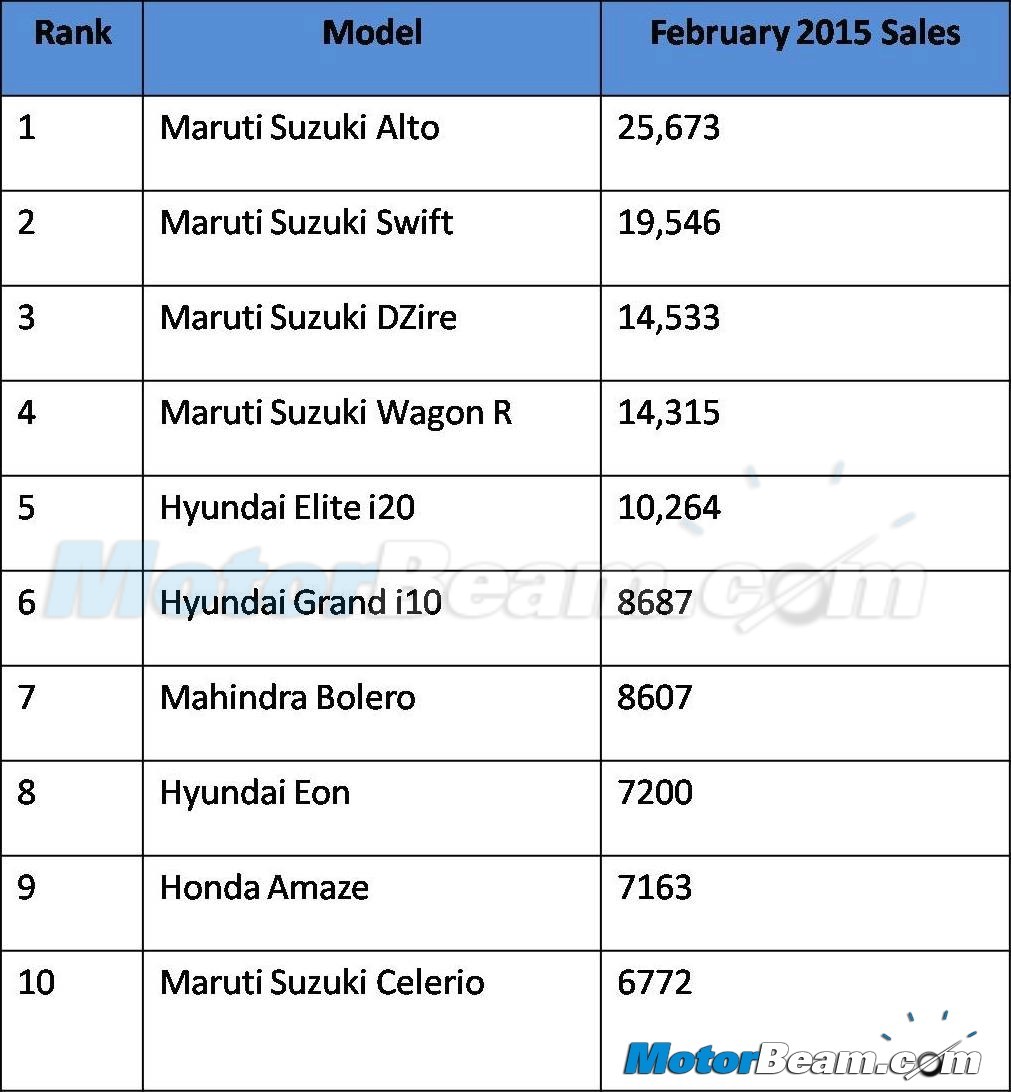We have listed out some pointers which will help you plan to pay off your car loan early.

How To Pay Off Your Car Loan Early
Buying a car is very big thing. Everyone has a lot of aspirations in life and buying a new car is one of them. While some people prefer paying for their cars outright, majority of the customers opt for a car loan while buying a car. Opting for a car loan has its own benefits such as the flexibility of payment and the fact that you don’t have to shell out a huge amount in one go, you just need to pay the down payment while the rest can be paid in EMIs.
Now, during the pre-purchase phase, a lot of customers keep wondering how much will their EMIs cost, how much will the total interest they will end up paying, etc. To make things easy, there are EMI calculators available online which are easy to use and provide clear information. You just need to enter your down payment amount, loan amount and the interest % rate that you’re getting to calculate the exact EMI you would have to pay.
Taking a car loan to purchase your vehicle is fine, but you should ensure that you pay all the EMIs on time, or preferably before time because there are a lot of factors like higher interest, credit score, etc. involved. In this post, we’ll explain you how to pay off your car loan early.
1) Pay A Bit Extra Every Month
Suppose you buy a car for Rs. 7.07 lakhs out of which you pay Rs. 2 lakhs as down payment and take a loan for the remaining Rs. 5.07 lakhs for a tenure of 60 months at a fixed interest rate of 9.5%. This would result into a monthly EMI of Rs. 10,641/- for 5 years. Now instead of paying Rs. 10,641/- every month, you should try and round off the amount and pay Rs. 11,000/- a month. The difference might sound small but in the longer run it actually becomes a significant amount and helps in reducing your principal and thus the interest paid. Rounding off the EMIs also results in fewer EMIs towards the end of the tenure and that way you can close your loan earlier.
2) Make 1 Extra Payment Every 12 Months
You must follow discipline while paying your EMIs and you should also keep a rule of paying 1 extra EMI every 12 months. Paying an extra EMI shouldn’t be difficult at all since most employees get yearly bonuses or you could even keep aside the amount from your savings. Divide your Rs. 10,641/- EMI by 12, which translates to Rs. 886.75/- and gather this amount every month for a year and then pay off the additional EMI. Benefits? Paying 1 extra EMI every 12 months for a loan period of 60 months means you can clear off your loan 5 months in advance! However, do ensure that you aren’t stretching your budget or compromising on other expenses.
3) Avoid Tactics/Tricks Employed by Banks/Brokers
A lot of financial institutions lure customers by offering schemes that sound good but are actually a way of extracting more money. Banks are known to offer a skip payment option wherein a customer can choose to skip an EMI payment once a year and then pay it later. While it may sound tempting to use this scheme, it actually makes you pay more because the delayed EMI results in increased interest. If you opt for the skip payment option once a year, you end up increasing the loan tenure by 5 months and end up paying more too.
4) Credit Score
Having a good credit score is very essential today because banks and financial institutions give you bigger loans and credit cards basis your score. If you pay all EMIs on time, pay in advance and avoid defaulting your payments, your credit score is bound to increase but failure to do so makes your score drop and honestly, a poor credit score is the last thing you’d want. So, if you’re buying a car or anything else on a loan, ensure you stick to your budget and don’t buy something super expensive just because you’ll be paying for it in EMIs.
Now that you’re all geared up to pay off your loan early, let’s have a look at some of the benefits of being debt-free. First and foremost, you save on interest and don’t end up paying extra and of course we all know that saving is earning. Secondly, you can free up your money and use it for other expenses. Finally, you can avoid paying more than what your car is worth by pre-paying your loan.





